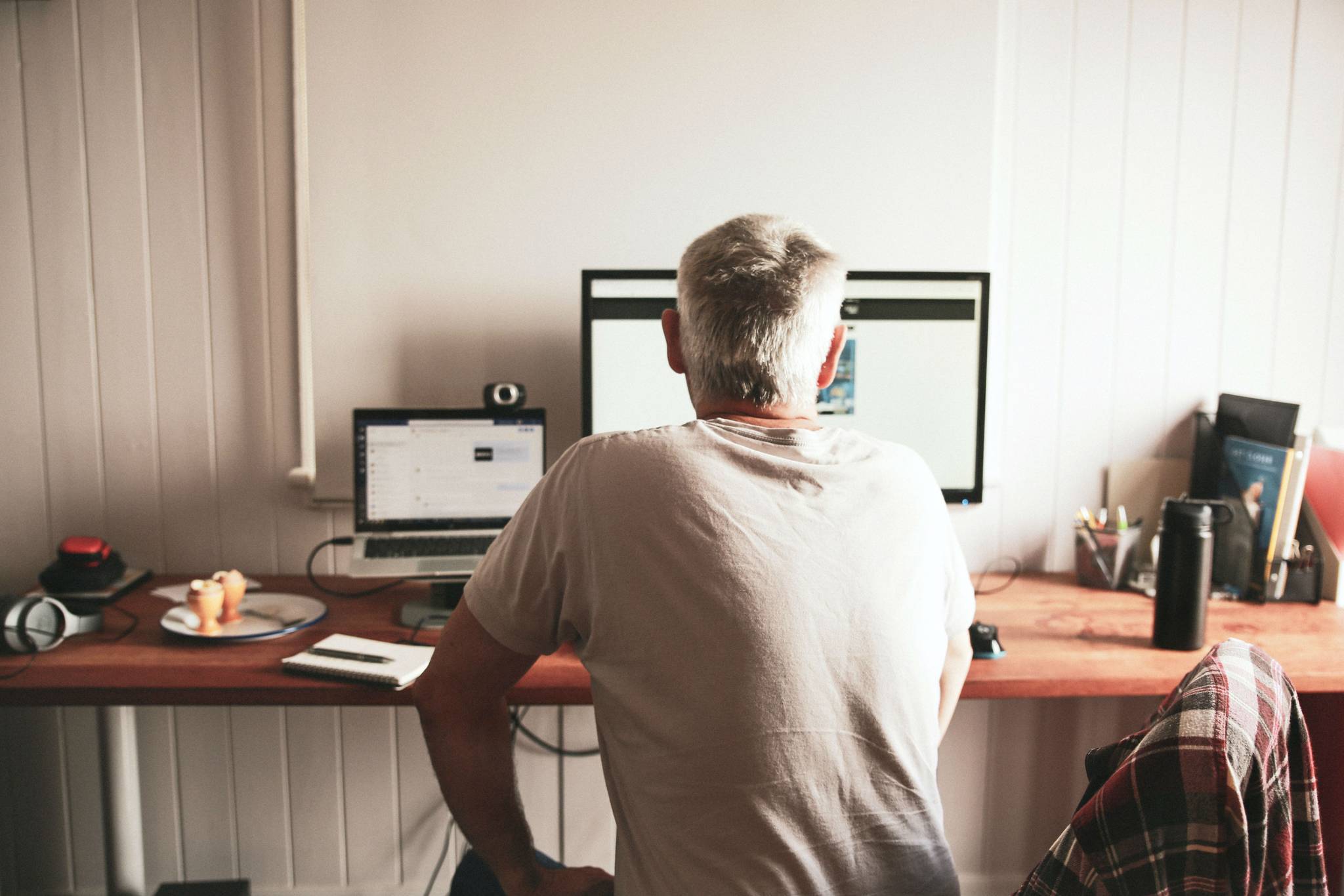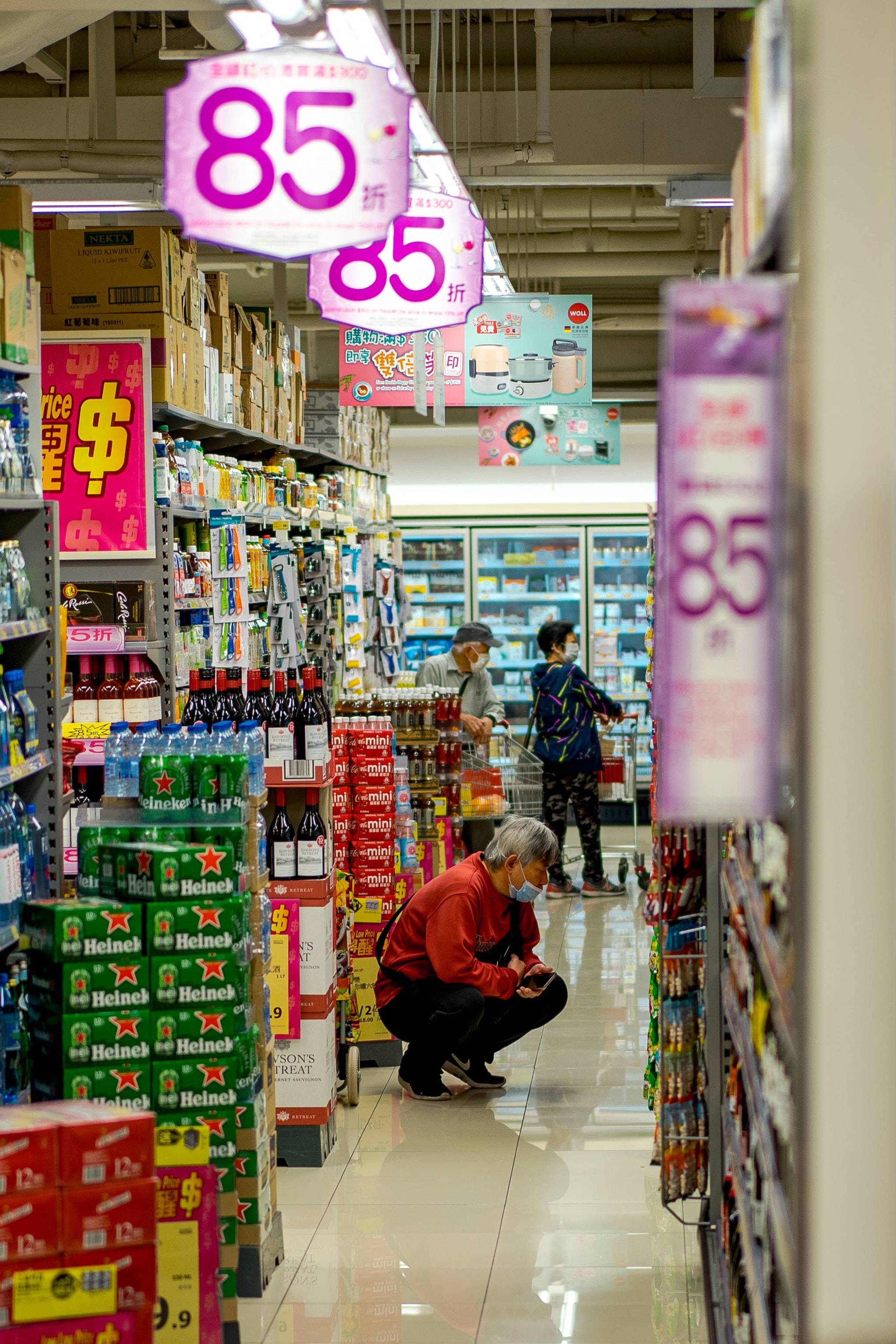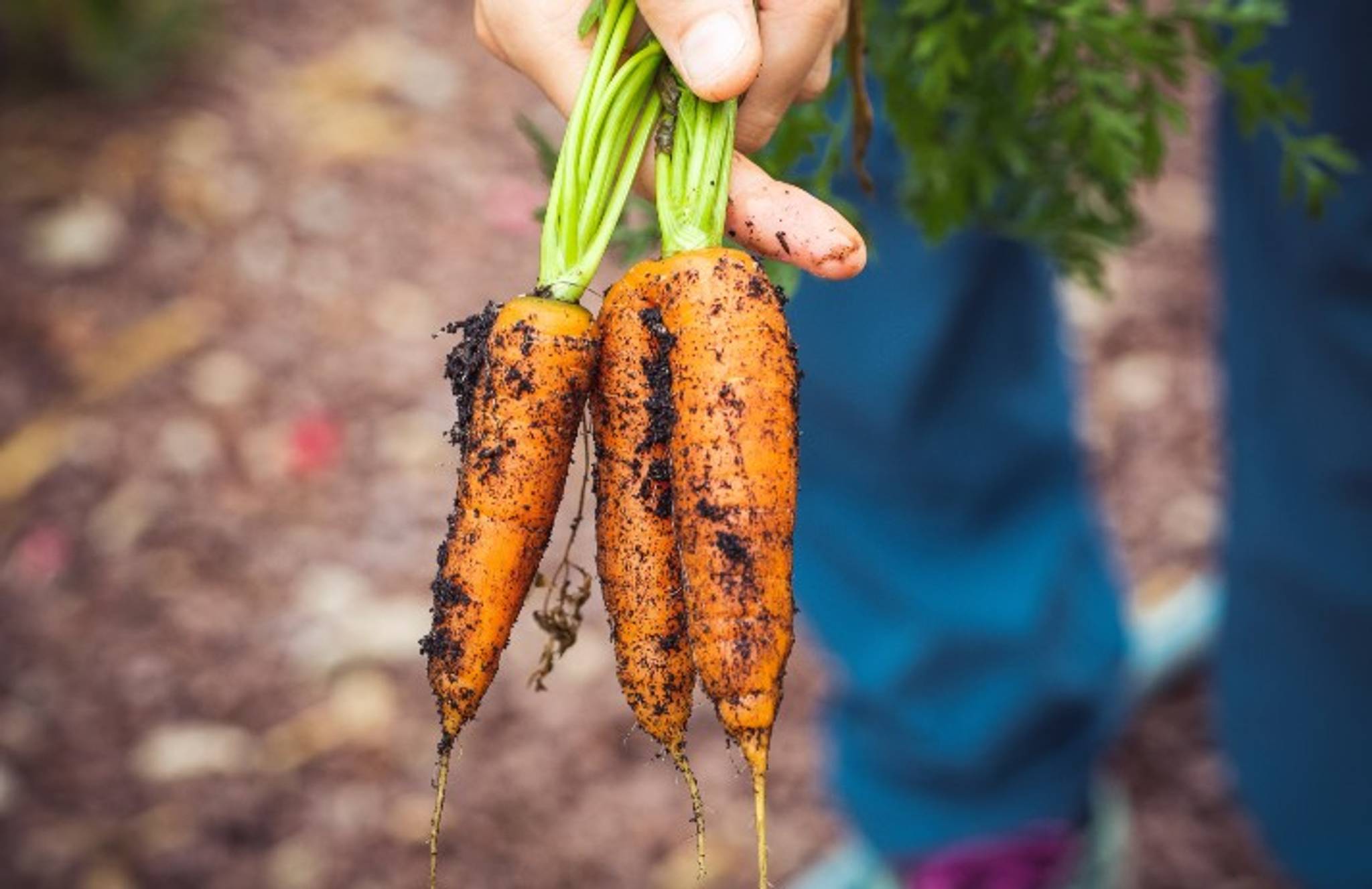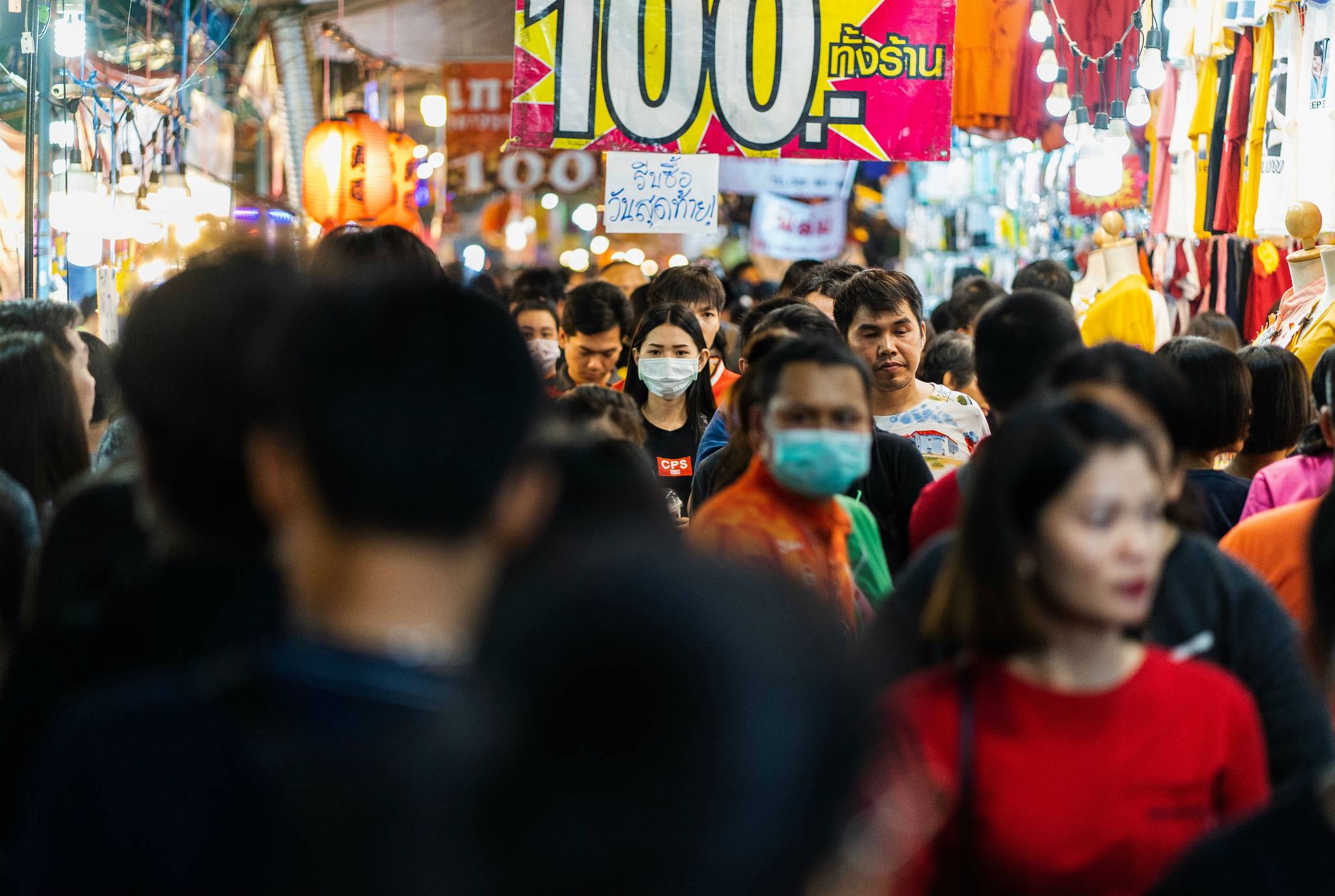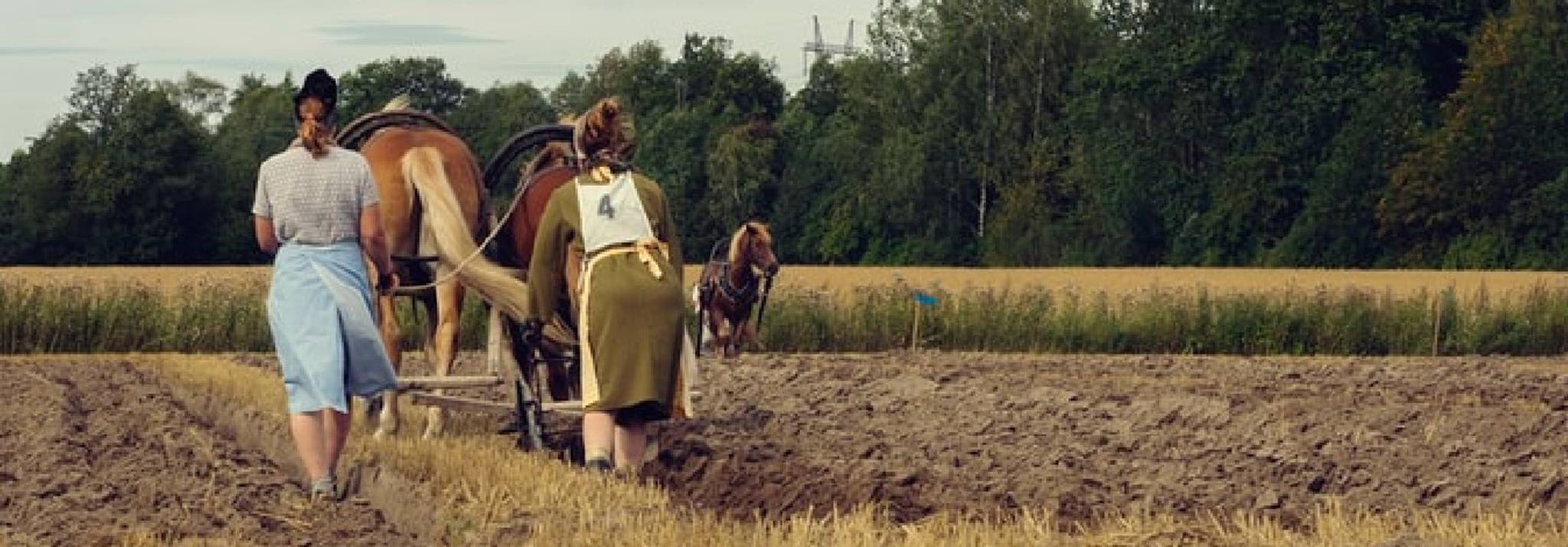
From lining up outside grocery stores to contending with meat shortages, COVID-19 has had myriad effects on how Americans shop for food. As a result, many are turning to self-sufficiency practices such as farming and fishing to seize control and ensure preparedness in the face of uncertainty. We explore the insights behind this, and why the pandemic has created a growing desire for control and preparedness.
As the spread of COVID-19 continues to disrupt food chain supplies across the US, small farm operators and homeowners in New York state are pre-empting food shortages by home-planting more vegetables. Far from a nostalgic throwback, people are trying to “cover their asses,” says Mark Dunau, owner of organic farm Mountain Dell. “They’re thinking, if they have some land and you can’t go anywhere, they might as well try to grow something.” Similarly, other states have noted record spikes in hunting license applications, in particular fishing license sales, which are up more than 50%. While an increase in leisure time could be one explanation, it’s likely part of a wider shift toward self-sufficiency.
Even before the COVID-19 outbreak, Americans were concerned about the future: in 2019, nearly 70% said they were worried about natural disasters, yet six in ten admitted they didn’t have a disaster plan because they didn't think they'd need one. But the pandemic has essentially dispelled the belief that anyone can be immune from disaster. As people look to arm themselves against unforeseen emergencies, companies such as Judy - which sells individual and family-sized disaster packs - are in high demand.
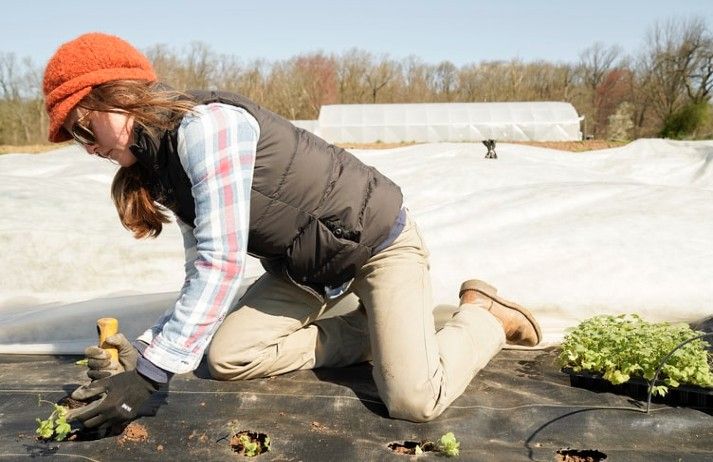
The uptick in home farming comes at a time when 63% of Americans are concerned about nationwide food shortages. And with only 37% of citizens trusting the federal government to have their best interests at heart, people are taking responsibility themselves; some are putting their trust back in local communities, while others are farming, gardening, and cooking from scratch for security. As the pandemic wanes and people resume aspects of normal life, the importance of being prepared for a crisis could well remain in people’s minds, driving up demand for brands and services that give people a sense of control.
Matilda Ruck is a Junior Behavioural Analyst at Canvas8. She has a degree in Politics and Philosophy as well as a foundation in psychotherapy and is passionate about exploring the interplay between creativity, psychology and culture. Outside of work, you can find her writing short stories, tending to her ginger cat Thomas O’Malley or oscillating between yoga and karaoke practice.
